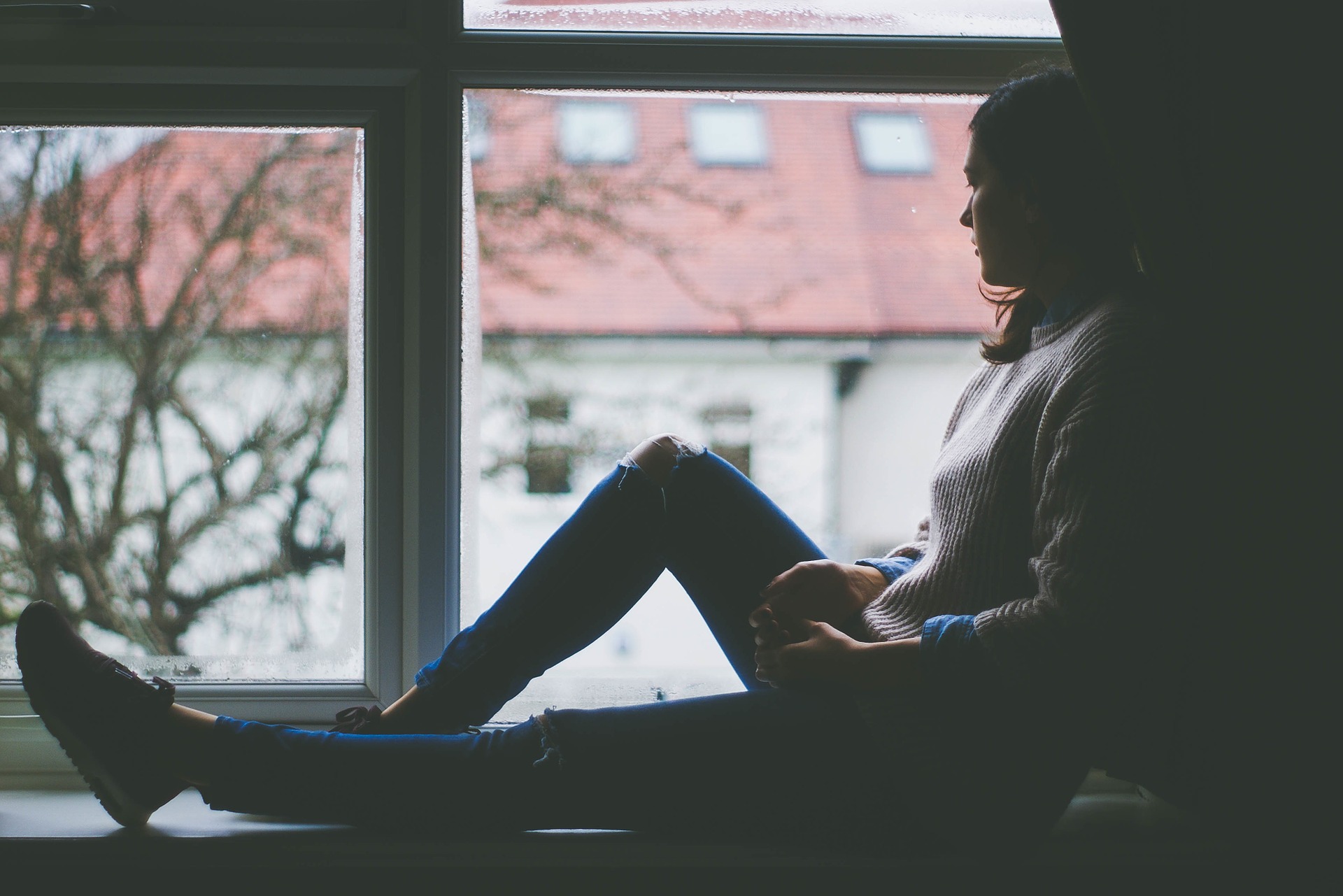Bipolar 1 vs. Bipolar 2: A Complete Breakdown
To many people, bipolar disorder is one mental health disorder. They know little about it other than what they see in pop culture and may only know that it has to do with a person’s mood. What these people do not know is that this is only part of the story. Bipolar disorder is actually divided into bipolar 1 and bipolar 2, and the differences matter.
If you have bipolar disorder yourself or are close to someone who does, then you probably already know the discrepancies. If not, do not worry; our Naples mental health counseling center is breaking down bipolar 1 vs. bipolar 2 for you.
One in the Same: The Similarities Between Bipolar 1 and Bipolar 2
There are many similarities between bipolar 1 and bipolar 2 disorder. In fact, the two are more alike than they are different. Both are mental health disorders that involve the presence of extreme moods. These moods include high feelings known as manic episodes as well as low feelings classified as depressive episodes. A person with either bipolar 1 or bipolar 2 disorder will also experience periods without symptoms called euthymia in between episodes.
Both are also believed to have a strong genetic component. People who are diagnosed with either typically need mental health treatment and counseling. Although neither can be cured completely, treatment is used to manage symptoms. This treatment often includes a combination of medication like mood stabilizers and therapy.
Bipolar 1 vs. Bipolar 2: The Differences
The difference between bipolar 1 and bipolar 2 is most apparent when it comes to the severity of these different episodes.
Bipolar 1 disorder is classified by a full manic episode. During a manic episode, a person will experience symptoms like increased energy levels, greater self-esteem, chattiness, inability to focus, and willingness to take more risks. At the same time, a person with bipolar 1 disorder is more likely to experience a less severe depressive episode. In some cases, they may never experience one at all.
Bipolar 2 disorder is the opposite. A person with bipolar 2 will experience a full depressive episode but will not reach the extreme mania of someone with bipolar 1. This less severe mania is known as hypomania and is less likely to interfere with their everyday lives. Instead, the negative symptoms of bipolar disorder are more severe and typically include lack of energy, depression, trouble with concentration, irregular sleep patterns, changes in eating, withdrawal, and suicidal thoughts. Bipolar 2 can often be misdiagnosed as depression because people struggle to recognize the hypomania. It is also believed to be more debilitating than bipolar 1.
The two different classifications of bipolar disorders will also typically involve slightly different treatment and there is much debate on the different causes for both.
Whether you were recently diagnosed with bipolar disorder or you know someone who is, there is hope. As providers of bipolar disorder treatment in Naples, we help many people with this disorder learn how to manage their symptoms so they can lead more normal lives. Reach out to us at Counseling of Southwest Florida today.

Casey is the founder and CEO of Portner Counseling Group (PCG), a counseling center in the Fort Lauderdale area, which specializes with issues related to drug and alcohol use. Casey has completed focused course work on the physiological aspects of drug addiction and human psychology, as well as received extensive training on the treatment of co-occurring disorders.

